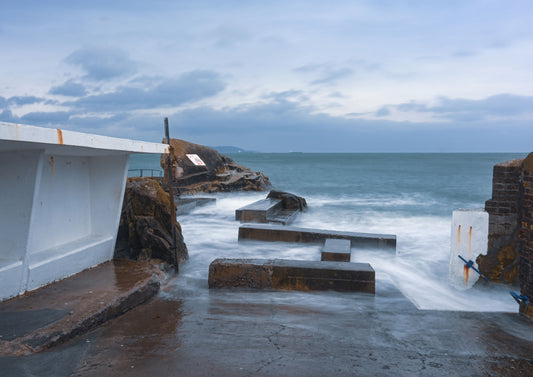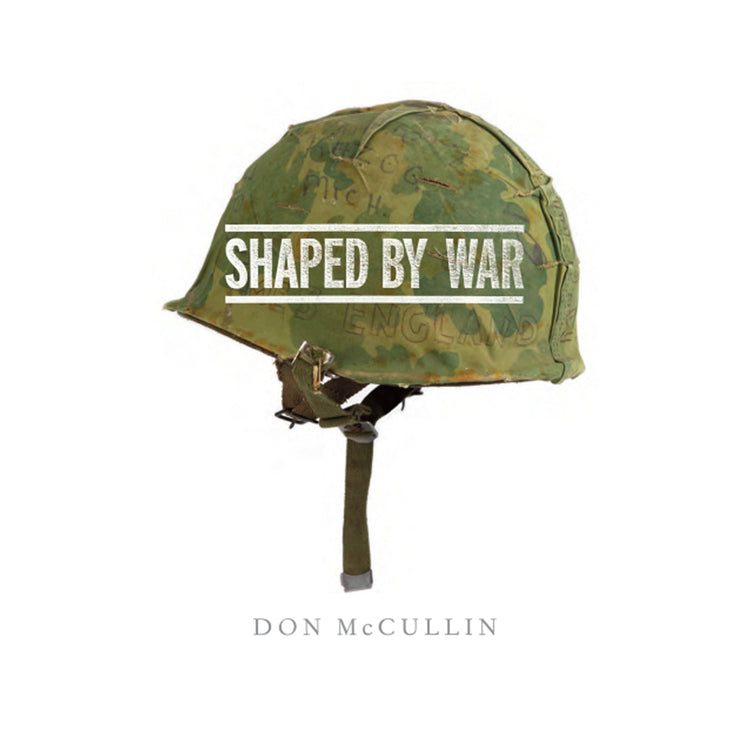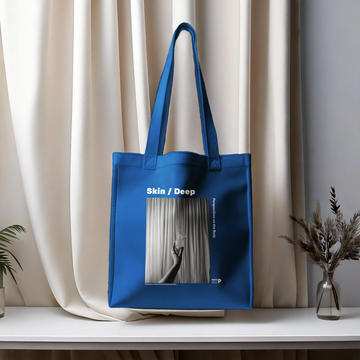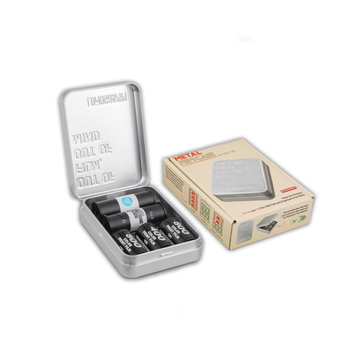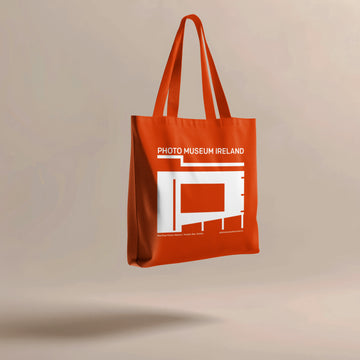
Photo Museum Ireland
Shaped by War, Don McCullin
Description
More
Less
More
Less
No other photographer in modern times has recorded war and its aftermath as widely and unsparingly as Don McCullin. After a childhood in London during the Blitz, and after the hardships of evacuation, McCullin feels his life has indeed been shaped by war.
From the building of the Berlin Wall at the height of the Cold War to El Salvador and Kurdistan, McCullin has covered the major conflicts of the last fifty years, with the notable exception of the Falklands, for which he was denied access. His pictures from the Citadel in Hue and in the ruins of Beirut are among the most unflinching records of modern war. The publication of many of his greatest stories in the Sunday Times magazine did much to raise the consciousness of a generation, even if he himself now fears that photographs cannot prevent history from repeating itself. The brutality of conflict returns over and over again. McCullin here voices his despair.
McCullin recounts the course of his professional life in a series of devastating texts on war, the events and the power of photography. The conclusion of the book marks McCullin’s retreat to the Somerset landscape surrounding his home, where the dark skies over England remind him yet again of images of war. Despite the sense of belonging and even contentment, for him there is no final escape.
From the building of the Berlin Wall at the height of the Cold War to El Salvador and Kurdistan, McCullin has covered the major conflicts of the last fifty years, with the notable exception of the Falklands, for which he was denied access. His pictures from the Citadel in Hue and in the ruins of Beirut are among the most unflinching records of modern war. The publication of many of his greatest stories in the Sunday Times magazine did much to raise the consciousness of a generation, even if he himself now fears that photographs cannot prevent history from repeating itself. The brutality of conflict returns over and over again. McCullin here voices his despair.
McCullin recounts the course of his professional life in a series of devastating texts on war, the events and the power of photography. The conclusion of the book marks McCullin’s retreat to the Somerset landscape surrounding his home, where the dark skies over England remind him yet again of images of war. Despite the sense of belonging and even contentment, for him there is no final escape.
Description
No other photographer in modern times has recorded war and its aftermath as widely and unsparingly as Don McCullin. After a childhood in London during the Blitz, and after the hardships of evacuation, McCullin feels his life has indeed been shaped by war.
From the building of the Berlin Wall at the height of the Cold War to El Salvador and Kurdistan, McCullin has covered the major conflicts of the last fifty years, with the notable exception of the Falklands, for which he was denied access. His pictures from the Citadel in Hue and in the ruins of Beirut are among the most unflinching records of modern war. The publication of many of his greatest stories in the Sunday Times magazine did much to raise the consciousness of a generation, even if he himself now fears that photographs cannot prevent history from repeating itself. The brutality of conflict returns over and over again. McCullin here voices his despair.
McCullin recounts the course of his professional life in a series of devastating texts on war, the events and the power of photography. The conclusion of the book marks McCullin’s retreat to the Somerset landscape surrounding his home, where the dark skies over England remind him yet again of images of war. Despite the sense of belonging and even contentment, for him there is no final escape.
From the building of the Berlin Wall at the height of the Cold War to El Salvador and Kurdistan, McCullin has covered the major conflicts of the last fifty years, with the notable exception of the Falklands, for which he was denied access. His pictures from the Citadel in Hue and in the ruins of Beirut are among the most unflinching records of modern war. The publication of many of his greatest stories in the Sunday Times magazine did much to raise the consciousness of a generation, even if he himself now fears that photographs cannot prevent history from repeating itself. The brutality of conflict returns over and over again. McCullin here voices his despair.
McCullin recounts the course of his professional life in a series of devastating texts on war, the events and the power of photography. The conclusion of the book marks McCullin’s retreat to the Somerset landscape surrounding his home, where the dark skies over England remind him yet again of images of war. Despite the sense of belonging and even contentment, for him there is no final escape.
You May Also Like


